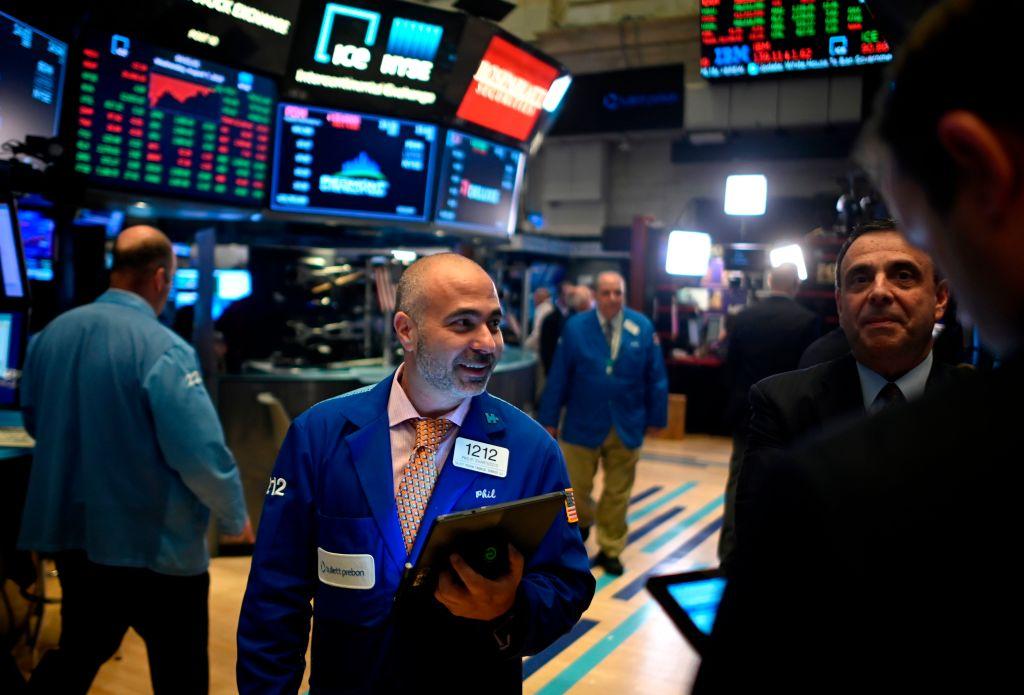WASHINGTON—It has been 1,000 days since President Donald Trump’s election, and during this period, the stock market has rejoiced in his pro-business agenda, setting record after record.
Even after the recent pullback in stocks, the Dow Jones Industrial Average through Aug. 6 was up by nearly 30 percent since Trump’s inauguration and more than 40 percent since Election Day 2016.





